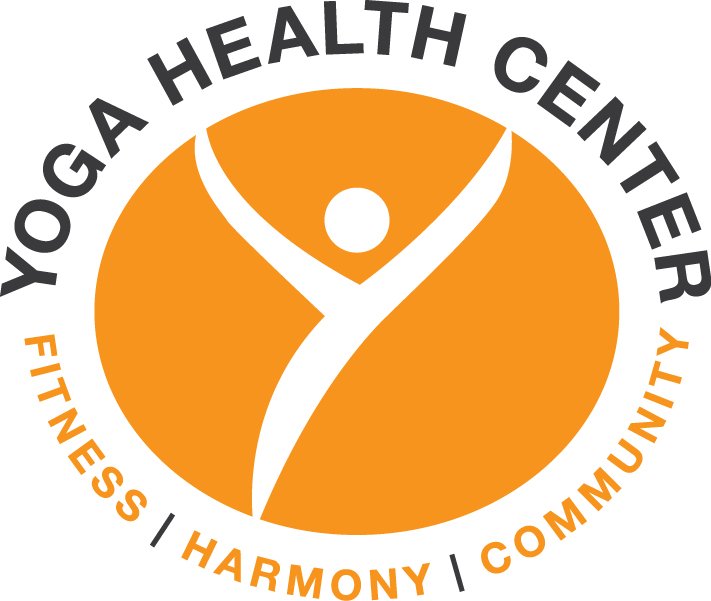How Yoga Education Can Transform Your Life
Yoga is more than just a physical practice; it's a journey of self-discovery and transformation. Through yoga education, individuals can unlock new levels of understanding about themselves and the world around them. This blog explores the myriad ways yoga education can lead to profound changes in your life, fostering holistic well-being and personal growth.
Understanding the Core Principles of Yoga Education
Yoga education delves into the philosophy and fundamental principles of yoga, helping you comprehend its significance beyond mere poses. This section will cover the basics of yoga philosophy and its relevance to daily life.
At its core, yoga is about union—uniting the mind, body, and spirit. Understanding this principle is essential for anyone embarking on their yoga journey. Through various teachings and practices, students learn how to integrate these aspects within themselves, creating a holistic approach to wellness.
Moreover, the principles of yoga education encourage self-reflection and awareness. It invites individuals to ask profound questions about their lives, their choices, and their paths, fostering a deep sense of personal insight that can be life-changing.
Physical and Mental Benefits of Yoga Practice
The benefits of yoga are often touted, but what does science say? This section will explore the tangible physical and mental health benefits that yoga education imparts, supported by research and personal testimonials.
Physically, engaging in regular yoga practice can enhance flexibility, strength, and balance. Studies have shown that participants experience reduced chronic pain, improved cardiovascular health, and better posture. Additionally, the risk of injury decreases as individuals become more aware of their bodies and limits.
On a mental level, yoga education can drastically improve well-being. Many practitioners report reductions in anxiety and depression symptoms. This stems from yoga's ability to promote relaxation, cultivate mindfulness, and facilitate emotional regulation, leading to a more balanced state of mind.
Both physical and mental improvements work synergistically. When your body feels good, your mind tends to follow suit. Ultimately, yoga education encourages a holistic view of health, revealing how interconnected our physical and mental states truly are.
Fostering Mindfulness through Yoga Education
Mindfulness is a key component of yoga education. Here, we'll examine how implementing mindfulness techniques through yoga can lead to a clearer mind, reduced stress, and an improved quality of life.
Practicing yoga encourages individuals to tune into the present moment. Through breath awareness and conscious movement, yoga education teaches you to quiet the noise of daily distractions. This moment-to-moment awareness fosters a deeper connection with yourself and your surroundings.
Numerous studies indicate that mindfulness improves cognitive function and emotional resilience. Thus, a commitment to yoga education enhances your ability to manage stressors, push through challenges, and maintain focus—skills vital in today’s fast-paced world.
Mindfulness, indeed, transcends the mat. The techniques learned during yoga practice can be integrated into your daily routine, from how you approach meals to how you interact with others, leading to a more fulfilling and intentional life.
Building Community and Connection in Yoga Education
Yoga isn't just a solitary practice. This section will highlight the sense of community found in yoga education settings, discussing how connecting with others can enhance your journey and foster lasting friendships.
Engaging in yoga classes provides more than physical benefits; it creates opportunities for social interaction. Many people find that sharing their journeys with like-minded individuals can be incredibly empowering. The friendships forged on this shared path often lead to supportive networks that extend beyond the mat.
Additionally, yoga education cultivates a sense of belonging. Whether participating in group classes, workshops, or retreats, individuals can feel a part of something larger than themselves. This connection not only enriches the learning experience but also reinforces motivation and accountability.
From discussion circles to collaborative practices, the community aspect of yoga promotes collective growth. By learning from one another's experiences, practitioners discover diverse perspectives that can deepen their understanding of yoga’s teachings.
Transforming Challenges into Opportunities through Yoga
Yoga education teaches us to embrace challenges as opportunities for growth. Here, we will explore personal stories of how individuals have faced obstacles through the lens of yoga, leading to incredible transformations.
Encountering difficulty is an inevitable part of any journey. Yoga education encourages practitioners to approach these moments with curiosity rather than fear. For instance, when faced with demanding poses, students learn to confront their limits and push through discomfort, fostering both physical and mental resilience.
Stories of personal transformation abound within the yoga community. Many people have turned their struggles—be it with anxiety, addiction, or physical limitations—into compelling narratives of triumph through yoga. These transformations offer powerful testimony to yoga education’s ability to inspire change, not just physically, but also emotionally and spiritually.
By reframing challenges as stepping stones rather than setbacks, individuals foster a growth mindset. Yoga education equips practitioners with the tools to turn adversity into strength, creating a sense of empowerment that echoes in all areas of life.
Taking Your Yoga Education Beyond the Mat
The lessons learned in yoga education extend far beyond the practice itself. This section will discuss ways to integrate yoga principles into everyday life, enhancing interactions, decisions, and overall well-being.
As yoga practitioners deepen their understanding, they often find that core principles—such as compassion, patience, and awareness—bleed into their daily actions. Simple acts, like how you communicate with others or manage stress, can be transformed through the lens of yoga education.
Consider how the practice of gratitude, often nurtured during yoga, can shift your perspective on challenges. Implementing this principle in everyday scenarios leads to a more positive outlook, improving relationships and overall quality of life.
Ultimately, taking yoga education beyond the mat encourages ongoing personal development. By embracing this philosophy in your daily life, you not only enrich your own experience but also positively impact those around you, promoting a harmonious community anchored in wellness.
Embrace the Transformative Power of Yoga Education
Embracing yoga education can be a transformative experience, enriching your life in countless ways. It's about cultivating awareness, connection, and a deeper understanding of yourself. Whether you’re seeking physical fitness, mental clarity, or spiritual growth, yoga education can serve as a guiding light on your path.


